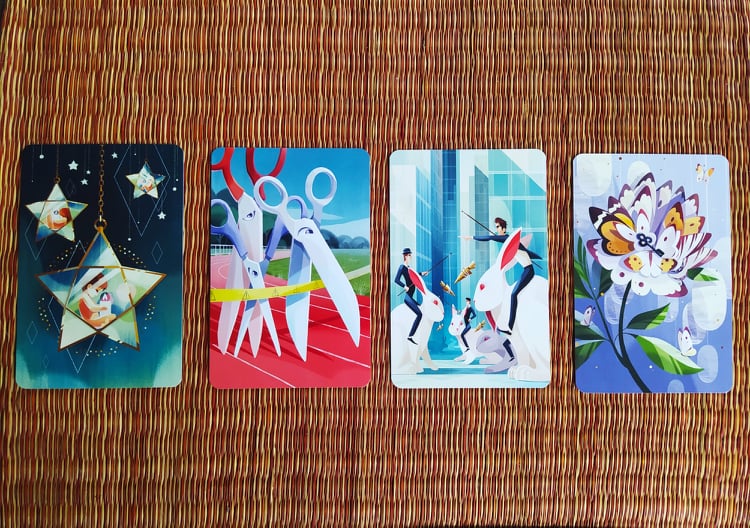This post is also available in Dutch.
The foe within
Every new beginning brings up hope for change. Even more so the beginning of a new year, that happens at a collective level. Having a New Year’s resolution (or more) during this period is a social custom, and if everyone announces their new goals for the coming year, I should probably have some, too, right? At the end of the day, we are social animals. The announcement of our participation and the participation itself in such an action, nevertheless, could bring up a sense of reward, earlier and different from the one we anticipated. We tend to announce our intention to do something, but not how we intend to do it, and studies have shown that if a goal is vague and not broken up in sufficiently small and doable steps it is rather unlikely to be reached. As a result, we might end up falling in love with the idea of achieving a goal rather than the actions that are required to achieve it.
Even more crucially, sometimes the resolutions we set are not completely in alignment with parts of ourselves (or with who we would want to be on our day-to-day basis). If for example I say that I would like to lose 10 kgs during the next year without having any form of energy expenditure in my day currently, I’m setting myself up for failure. Setting up goals like this contains one form of the Shiny Object Syndrome, where initially what I want to achieve looks shiny and fun, but later the unaccounted predictability of it turns out to be quite boring and not exciting. And in all this lies a latent intention to self-sabotage. If the goal is unrealistic to begin with, who can blame us for not achieving it? And if we really look closely, the goals we set are indeed about what we lack or rather what we perceive we lack. Therefore, the goal is built upon a negative idea, and the whole premise of our change relies on a form of self-punishment, in which our failing to achieve the unrealistic goals we’ve set in the beginning leaves us feeling worse than before.
How to turn new year’s resolutions into a friend
New habits can be built off existing habits. It’s rather impossible to make a habit vanish and be replaced by a new one. And in order to initiate a new one, we must rely on repeatability. It’s not accidental that all the apps that we use to learn something want us to keep going back to them every day. Take for example Duolingo, a cute owl will appear every day on our screen, reminding us of how many days we’ve been practicing and urging us not to lose our streak now. This way we are being promised a reward for something that won’t require too much of our time. And the maintenance of a behavior relies on the encouragement we get to maintain it and the feeling of success we associate with the experience. Our motivation to chase our goals, therefore, relies on our desire to direct our own lives, acquiring a sense of autonomy, while we extend our abilities, rather than on a drive to avoid punishment. So if we want to succeed in our new year’s resolutions, we should keep this in mind.
Additionally, it has been shown that goals that are more easily tracked have higher potential to be achieved. At the same time, accountability with respect to our progress and a stronger focus on the process, rather than results, can help us follow through our resolutions and turn the will to do so into the disposition to do so by doing the mundane, but necessary things – which is perhaps the most important thing when it comes to achieving growth.
Original language: English
Author: Christina Isakoglou
Buddy: Martina Arenella
Editor: Ellen Lommerse
Translator: Floortje Bouwkamp
Editor Translation: Roeland Segeren
Header photo credit: Christina Isakoglou
